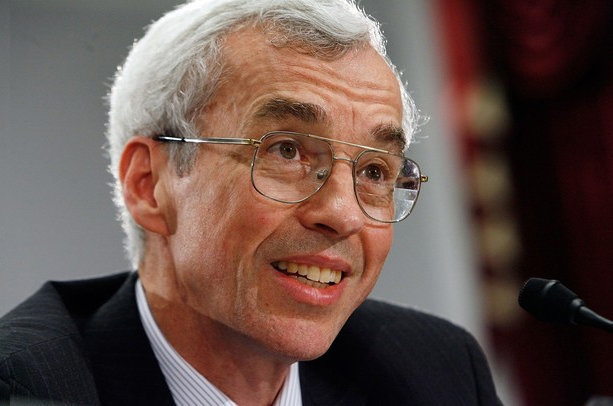EU army won’t threaten NATO future: ex-CIA official

Pillar says an irony is that European self-sufficiency in defense, as a European
military force would embody, would mean Europe assuming more of the burden for
its own defense--which is what Donald Trump has been calling for every time he
complains about NATO and its members.
Following is the text of the interview:
Q: The idea of forming a joint European army is not a new idea, but in recent
days, with the comments of Emmanuel Macron and Angela Merkel and the reaction of
Trump has taken a new dimension. What are the reasons for the progress of this
project by countries such as France and Germany?
A: The idea is indeed old, dating back to the proposed European Defense
Community in the early 1950s--which never was established for reasons largely
involving domestic politics in the United Kingdom and France. Today the idea of
a European military force clearly is getting a boost from the many frictions
between Europe and the Trump administration in the United States. The highly
nationalist and narrowly focused policies of Trump have led many Europeans to
conclude that they simply cannot rely on the United States for their security.
Q: Speaking to the "Europe 1" radio, French President Emmanuel Macron called for
the formation of a real European military to counter Russia's threats and also
independence from the USA. In the interview, the French president said: "We have
to defend ourselves against Russia, China, and even USA." Why does France now
name the United States alongside China and Russia as a threat?
A: President Macron probably did not mean that he envisioned a U.S. military
attack on France or Western Europe. He probably meant there was a need to
"defend" against the United States in the sense that the Trump administration's
policies and perspectives were causing real danger to European security in other
ways.
Q: Trump opposed the plan and in response to Macron's remarks called the
formation of this army offensive. Due to Trump’s reaction and his renewed appeal
to Europeans to give money to NATO, can these disputes threaten NATO's future?
A: There is no reason NATO's future needs to be threatened by any of this. An
irony is that European self-sufficiency in defense, as a European military force
would embody, would mean Europe assuming more of the burden for its own
defense--which is what Donald Trump has been calling for every time he complains
about NATO and its members.
Q: Ursula von der Leyen, the German defense minister, recently said that the
founding of the European Army and its future activities could not only increase
the security of European countries but also solve international crises. If the
joint European army do missions outside Europe in addition to missions inside
Europe, is this not a parallel with NATO?
A: Parallel EU and NATO security missions outside the core European area are
possible and feasible. They also would not be entirely unprecedented. Bosnia is
a place where the EU and NATO have essentially been performing parallel security
missions. Those missions began when that part of the Balkans was out-of-area for
both the EU and NATO.
Source:TehranTimes
















